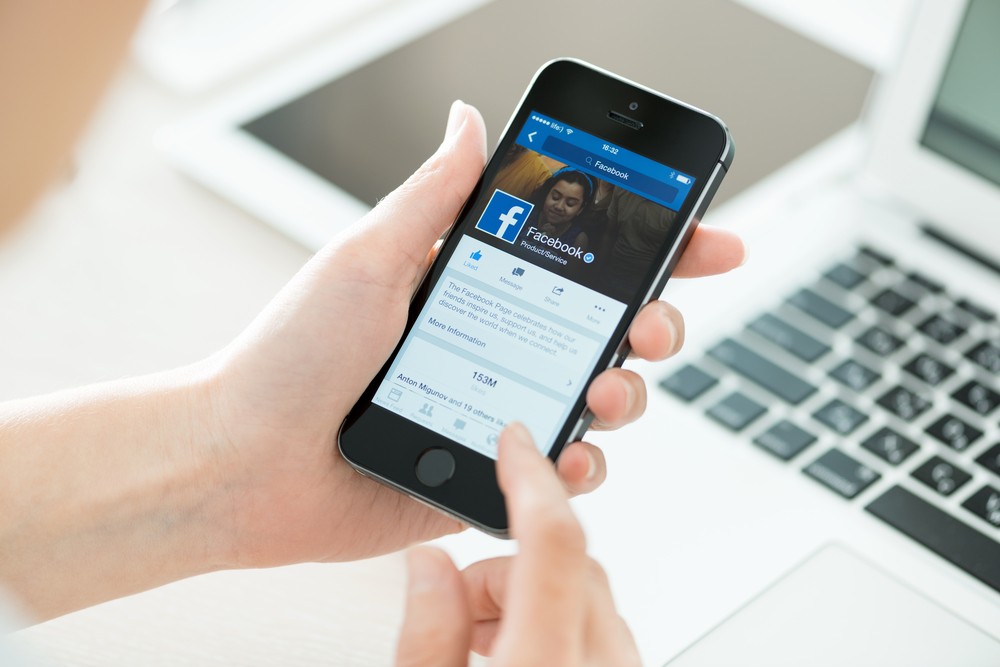Popular Reads
Top Results
Can't find what you're looking for?
View all search resultsPopular Reads
Top Results
Can't find what you're looking for?
View all search resultsCuring Facebook addiction, battling terrorist recruitment
To combat Facebook’s “Blue Magic”, Boqafa and a team of psychiatrists have established a private facility in the eastern city of Constantine, Algeria. Aside from common forms of addiction like drugs, cigarettes and alcohol, the clinic offers services to “cure” social media addiction.
Change text size
Gift Premium Articles
to Anyone
T
hree years ago, a pair of procrastinators from the Massachusetts Institute of Technology created a shocking way to rein in their social media addiction — a keyboard accessory that emits electric shocks if a user spends too much time on “unproductive sites”.
After wasting 50 hours a week, PhD students Robert R. Morris and Dan McDuff knew something had to be done about their procrastination. Utilizing the principles of counterconditioning from psychologist Ivan Pavlov, the Pavlov Poke was born.
The Pavlov Poke is made from an Arduino board — a board used to develop applications — which acts like a wrist rest. The board is connected to the user’s computer via USB. To use the Pavlov Poke, users must install application logging software that tracks the user’s laptop usage. After a warning, if users continue to neglect their work and surf certain sites, the board will “poke” them via an electric shock to the wrist.
However, the issue of social media has extended beyond personal work ethic.
Owing to its widespread, instantaneous and anonymous nature, social media is used as a vehicle to rapidly share information and communicate. However, certain malicious groups abuse social media in order to exploit others through terrorist recruitment. The evolution of social media threats has called for an innovative approach to addressing Facebook addiction.
With the increased use of Facebook as a vehicle for terrorist recruitment, human development scientist Raouf Boqafa fears some users could fall victim to extremist influences online. To combat Facebook’s “Blue Magic”, Boqafa and a team of psychiatrists have established a private facility in the eastern city of Constantine, Algeria. Aside from common forms of addiction like drugs, cigarettes and alcohol, the clinic offers services to “cure” social media addiction.
(Read also: Facebook drops news outlet input in 'trending topics' review)
Algeria accounts for at least 10 million active Facebook users, experiencing an annual growth of 10 percent. Boqafa likens the effects of social media to black magic and argues that Facebook poses the greatest threat, according to The New Arab.
The first of its kind in North Africa, the clinic opened in May this year, making it the third in the world to tackle social media addiction on a formal, clinical level, along with similar facilities in China and South Korea.
According to the Daily Mail, Boqafa believes “there is some danger in underestimating the damage of Facebook addiction compared to the risk of physical drugs.”
The fact that social media addiction is now viewed as a clinical problem, instead of only a habitual one, indicates just how pervasive the virtual world has become. Increasing globalization unbinds the world from geographical limitations, but has opened up various nexuses for perpetrators to exercise malevolent intentions. (sab/kes)











